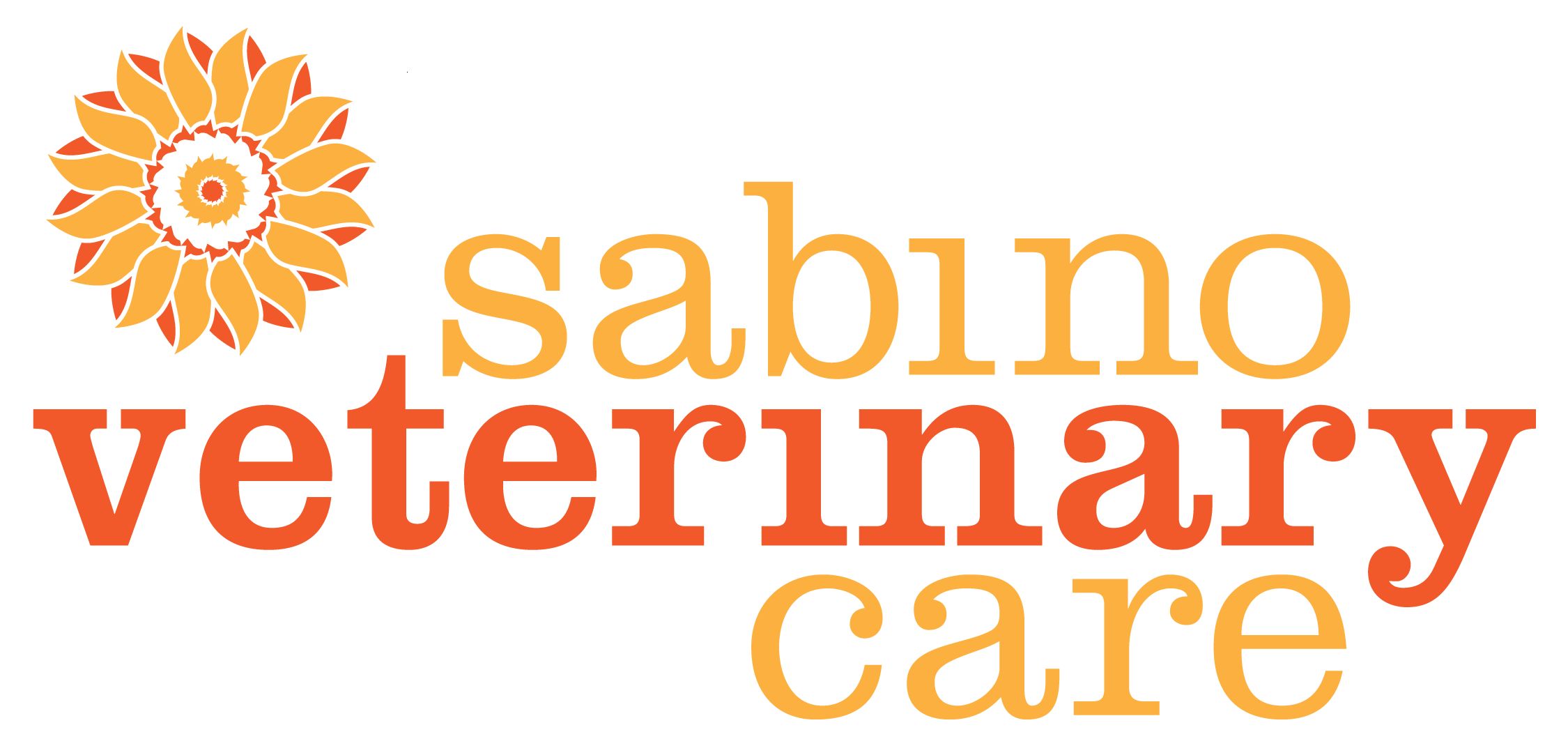We wrote an article a few months back that gave an overview of our philosophy about feeding our dogs and cats. One of the main concepts that we discussed was the importance of high protein (high quality and high %), and low carbohydrate.
Our house cats are true carnivores; some of us have witnessed the “preferred diet” of these adept hunters, when they try to share their bounty with us. I have always discouraged cat owners from allowing their cats to spend time outside – the risks from coyotes, and cars and other traumas is too high in our environment. However, outdoor cats do have some health benefits that some indoor cats don’t have.
If we compare a sedentary indoor only cat that is obese, eating a poor quality dry cat food that is high in carbohydrates, and has a low quality protein to an outdoor barn cat living on rodents and small birds, you would find two very different animals.
Of course the indoor cat would not be at risk for fight injuries or trauma from other predators or car accidents, but he might be dangerously prone to diabetes, liver disease and urinary tract problems.
It has been said that the ideal diet for house cats would be whole canned rats – but the challenges of marketing this to the cat owning public would be insurmountable. My friend David, has a get rich quick scheme that solves 2 problems at once. First we locally harvest a sustainable population of organic, free range pack rats – preventing the destruction of houses and automobile wiring throughout the desert southwest. Then we produce a healthy, nutritionally complete and balanced high protein cat food and market it as…..
There is a great resource online for people who are more interested in nutrition for their cats.
What's Next
Call us or schedule an appointment online.
Meet with a doctor for an initial exam.
Put a plan together for your pet.

